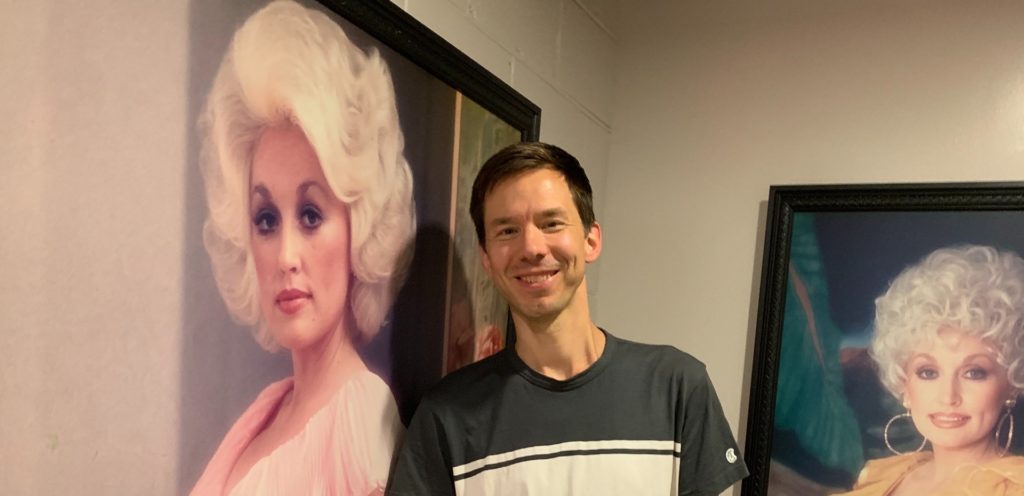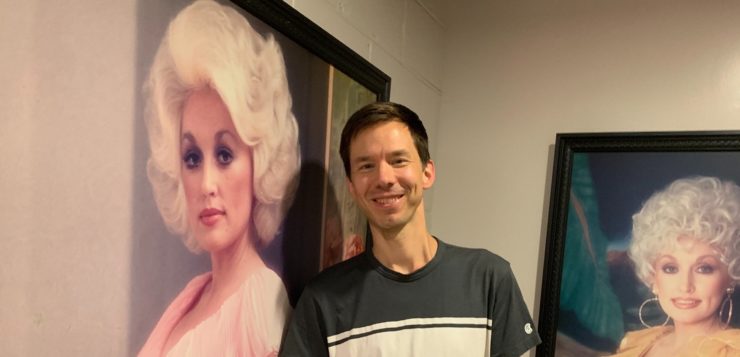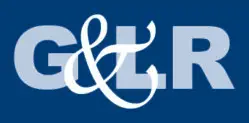
Although I doubt many people would make this mistake today, back in the early 90s, I thought Whitney Houston’s “I Will Always Love You” was an original song, one that no other artist had ever recorded before.
In my defense, I was in middle school at the time, and the soundtrack to The Bodyguard was spending a recordbreaking 14 weeks at the top of the Billboard Hot 100 singles chart. Houston’s version of that song was everywhere. Including in my basement, where I would plug in the stereo system I had bought with my hard-earned lawn-mowing money so that I could dance as if nobody was watching. (Nobody watching was the entire point of being in the basement—it was windowless, and my family hardly ever went in there.)
I loved music at that age. Nothing beat the rush of sliding a fingernail down the cellophane wrapping on a new CD case I had just bought, too impatient to bother with a pair of scissors. My taste in music tilted toward R&B and pop, anything that was popular with my classmates. There were certain artists, however, I knew boys my age weren’t supposed to like. Or, if they did like them, it was less about their music and more about their physical appearance. Janet Jackson. Mariah Carey. Madonna. Whitney.
It wasn’t until a few years later, thanks to some DJ radio trivia, that I learned Dolly Parton had written “I Will Always Love You” and was the first to record it. I was shocked that a country singer had written such a popular song. And that it was Dolly Parton, of all people.
Growing up in the suburban Midwest, I had only two points of reference for Dolly. The first was Once Upon a Christmas, the 1984 duet album she released with Kenny Rogers. Although country music wasn’t big in my house, holiday music was. The joy and excitement I felt while unwrapping presents on Christmas morning was often underscored by the harmonious soft twang of Dolly and Kenny singing “I Believe in Santa Claus.”
My second point of reference was the countless boob jokes. Today, many of us know Dolly as a successful entrepreneur, respected philanthropist, and prolific singer-songwriter (according to her own estimate, she’s written over 3,000 songs). But back in the ’80s and ’90s, as far as I can remember, she was much more famous for her looks.
I can still recall the magic show I sat through with my Boy Scout troop. “Look,” the magician said, holding two large metal hoops over his head. “I’m Mickey Mouse.” Next, he placed them over his chest. “Dolly Parton,” he added with a wink. Today, such an easy joke would get a groan out of me. Back then, if I wasn’t too busy being scandalized, I was probably laughing with everyone else.
Once I became a teenager, I didn’t give much thought to Dolly Parton, country music, or boobs. If boobs were at the forefront of my mind, I was most likely worried about how I wasn’t interested in them the way my male peers were. I was raised Catholic, living a sheltered life that didn’t include gay marriage, corporate branding during Pride month, or a robust use of the Internet. As a result, I did my best to hide my sexuality.
Maybe I would’ve felt more comfortable with my sexuality if there’d been more representation of LGBT identities in the mainstream media. There were a few celebrities who had come out in the late ’90s. But in my experience, there was still a stigma attached to being queer. Liking a performer like George Michael was dangerous enough before he was publicly outed. But once he’d been arrested for lewd conduct? Forget it.
As a result, I had to be careful with my taste in music. A group like the Spice Girls was basement music—something I could only listen to in complete privacy. If my high school classmates asked me who my favorite artists were, I said the Smashing Pumpkins or R.E.M. And that wasn’t a lie; I did enjoy their music. Those groups, along with some of my other favorites like Fiona Apple and Alanis Morissette, had a bit of an edge to them. They were popular, but not quite mainstream. And there was an underlying angst to their lyrics, like they were pushing back against the status quo. As a closeted queer person who never felt like he fit in, I could relate to that feeling.
One type of music I definitely wasn’t listening to at the time was country. As a genre, it seemed very male-oriented. Artists like Shania Twain and Faith Hill had hugely successful careers. But guys my age weren’t interested in their songs. They favored singers like Alan Jackson, Toby Keith, and Brooks & Dunn. Guys who sang about their love of drinking, chasing after women, and being hard-working men. I couldn’t find anything to related to in those lyrics.
In my early twenties, something changed. I finally came out. Looking back at that point in my life now, it’s tempting to say that I instantly stopped caring what people thought about me and started living as my true, authentic self. But the transition was a lot rockier than that; I was still learning how to be comfortable with who I was.
I was also still learning about myself—not only who I was, but what my tastes were. Now that I was no longer hiding my sexuality, I didn’t feel the pressure to like only the things I thought would help me pass as straight in a heteronormative society.
A whole new world of music opened up for me. I blasted Diana Ross, danced along to the Scissor Sisters, and spent many nights listening to Judy Garland’s Judy at Carnegie Hall in the darkness of my bedroom.
I’m not sure what first drew me back to Dolly Parton. It may have been the “camp” factor. Dolly herself has said that if she hadn’t been born a girl, she’d probably be a drag queen. As stereotypical as this might make me, I find it hard to resist someone who had the confidence to pull off wearing a big wig and sparkly rhinestones.
It wasn’t just Dolly’s outward appearance that I fell in love with, though. It was also her music. I was already familiar with her bigger hits like “9 to 5” and “Jolene.” But as I started to listen to some of her earlier songs, I was drawn in by the storytelling and emotions behind her lyrics. Many of them were about characters trying to overcome some kind of hardship. And while I didn’t know what it was like to have a no-good husband, a child out of wedlock, or a homemade coat that everyone made fun of, I could take comfort in knowing I wasn’t the only one struggling with something.
Which isn’t to say that Dolly is one to wallow. Along with other female country singers of her era, Dolly stood up for herself and defied expectations in a male-dominated industry. Much like Loretta Lynn’s “The Pill,” Dolly performed bold songs like “Dumb Blonde” and “Just Because I’m a Woman” that subverted the genre, especially for women. One of her most famous quotations, or “Dollyisms,” is: “Find out who you are and do it on purpose.”
Dolly Parton didn’t apologize for who she was. She embraced it. And in doing so, she helped empower other people to do the same. Maybe it’s a stretch to say that Dolly Parton and country music helped me come to terms with my sexuality. But I do know that once I fell in love with her music, I never tried to hide it.
And that’s why today, even though I can’t deny that Whitney Houston’s cover of “I Will Always Love You” is absolutely iconic, I will always love Dolly’s original version the most.
 Brian D. Kennedy was born and raised in Minnesota, and now lives in New York City with his husband and their miniature Schnauzer. When not writing, he can be found working at an LGBTQ non-profit. His debut novel is A Little Bit Country. You can visit Brian online at www.briandkennedybooks.com.
Brian D. Kennedy was born and raised in Minnesota, and now lives in New York City with his husband and their miniature Schnauzer. When not writing, he can be found working at an LGBTQ non-profit. His debut novel is A Little Bit Country. You can visit Brian online at www.briandkennedybooks.com.







Discussion2 Comments
Well, of course, I love everything about this, including the shout out to Stanley in your bio. Muah!
Love love love this article. Brian’s writing style is so engaging and relatable, just like his handsome face.